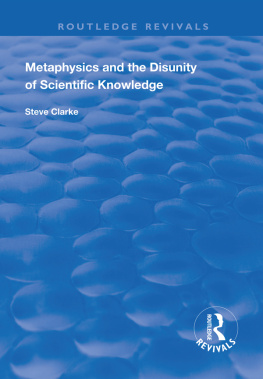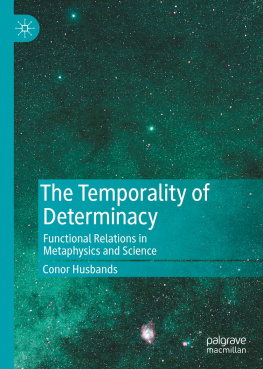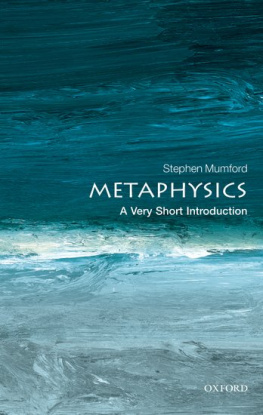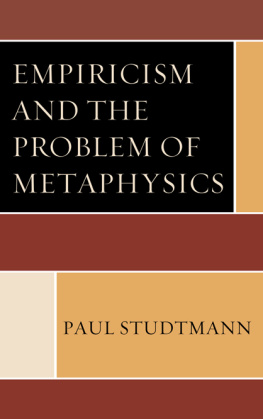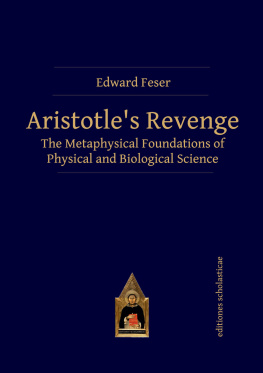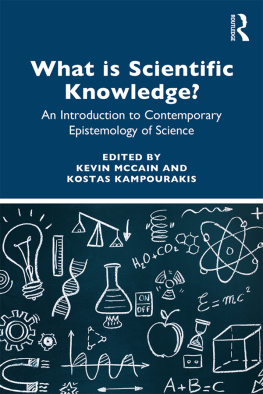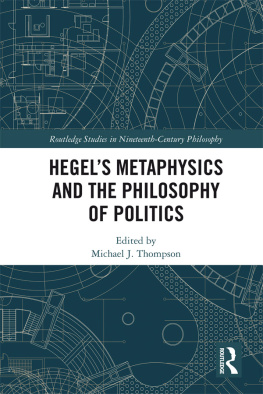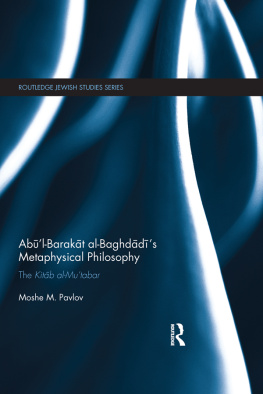First published 1998 by Ashgate Publishing
Reissued 2018 by Routledge
2 Park Square, Milton Park, Abingdon, Oxon OX14 4RN
711 Third Avenue, New York, NY 10017, USA
Routledge is an imprint of the Taylor & Francis Group, an informa business
Copyright Steve Clarke 1998
All rights reserved. No part of this book may be reprinted or reproduced or utilised in any form or by any electronic, mechanical, or other means, now known or hereafter invented, including photocopying and recording, or in any information storage or retrieval system, without permission in writing from the publishers.
Notice:
Product or corporate names may be trademarks or registered trademarks, and are used only for identification and explanation without intent to infringe.
Publishers Note
The publisher has gone to great lengths to ensure the quality of this reprint but points out that some imperfections in the original copies may be apparent.
Disclaimer
The publisher has made every effort to trace copyright holders and welcomes correspondence from those they have been unable to contact.
A Library of Congress record exists under LC control number: 97078320
ISBN 13: 978-1-138-32602-6 (hbk)
ISBN 13: 978-0-429-45009-9 (ebk)
This book is a descendant of my doctoral thesis which was submitted at Monash University in late 1994. My primary intellectual debts are to John Bigelow and Philip Pettit, who jointly supervised my doctoral work, as well as to Stuart Barnum, who closely read the penultimate draft of the book and discussed many of the issues with me. Others who particularly deserve thanks for their contributions to the development of the ideas found here include Jeremy Aarons, Jo Asscher, the late David Brooks, Nancy Cartwright, Alan Chalmers, Alan Crooke, John Fox, Philip Kitcher, Cathy Legg, Sandy Mitchell, Robert Nola, Don Ross, Jacques Roussouw, Howard Sankey, Michael Smith, Paul Taylor, Neil Thomason, and Damian Verdnik. Thanks are also due to Rawbone Malong for his Sow Theffricun Innglissh copy editing (big pawn?).
My doctoral work was supported by an Australian Postgraduate Research Award. The transformation of a rambling thesis into a book was assisted by Monash University, which provided me with a writing-up* award; the University of Cape Town, which provided me with a relief lectureship for two months in 19%; and the University of Melbourne Department of History and Philosophy of Science, which provided me with a visiting fellowship over the southern summer of 19967 when much of the reworking of the thesis took place.
is based on a paper published in International Studies in the Philosophy of Science . Full references are included in the bibliography. Thanks to Robert Young of the Australasian Journal and to Carfax International for permission to use the material.
Cape Town,
November 1997
The primary concern of this book is to show how a metaphysics can be developed, constrained by empiricist concerns for experience, mediated by the senses, which allows us to make sense of our situation as knowers who must make do in a world of uncertainty. We make do by learning to export and re-use knowledge obtained where we can get it, to other very different situations where worldly knowledge would otherwise elude us. Recently, a number of philosophers of science, notably Nancy Cartwright and John Dupre, have argued similarly, arguing for the possibility that we might be living in a metaphysically disorderly world in which a disunified account of science is appropriate.
In this book I support the case for treating the possibility of metaphysical disorder seriously, not by adding to the studies of science carried out by Cartwright, Dupre and others, which point to the reality of disunity amongst the sciences, but by showing how the ideas of contemporary disunifiers can be located in a broader philosophical context, and related to the history of modern western philosophy. It is hoped that this effort will make those ideas more accessible to philosophers and others who have not digested as much of the burgeoning science studies literature as would otherwise be required to appreciate the philosophical significance of the aforementioned authors.
While the concern to oppose unificationist views of science may seem like an exclusively late twentieth century preoccupation, I argue that it needs to be understood in the context of the perceived threat of metaphysical disorder that is a major concern throughout the course of modern philosophy. Indeed, the central current of ideas in modern philosophy through Hume, Kant and Hegel, to the present can be understood as a reaction to this threat. Embracing the possibility of metaphysical disorder enables the development of a pragmatic alternative to the scepticism that is implicit in much of contemporary postmodernism.
The need for a pragmatic alternative to contemporary postmodernism is made clear in , which substantially consists in an attack on Rortys sceptical post-modernist account of the history of modern philosophy. In the second chapter the ideas of Nancy Cartwright are introduced in context, and it is suggested that the appeal of postmodern scepticism may have to do with its superficial resemblance to a legitimate target which postmodernists intuitively sense, but fail to recognise clearly. This legitimate target is fundamentalism and Cartwrights opposition to it is explained as the concept of fundamentalism is explicated.
In where the topics of causation and idealization are considered. The treatment of both of these topics is brought together to yield an outline of an antifundamentalist philosophy of science. In the final chapter the topic of unification of knowledge is returned to and it is shown that, surprisingly, the alternative to postmodern scepticism that I advocate has much in common with the views of Otto Neurath.
throw metaphysics into the fire, and science goes with it, preserve science from the flames and metaphysics comes creeping back
John Passmore, A Hundred Years of Philosophy, p. 392.
1
Epistemology, Scepticism and Postmodernity
The issues which will be discussed in this book have a lineage that traces back to some of the most central concerns in modern western philosophy. Consideration of that most classical family of problems in philosophy, the problems raised by the possibility of global scepticism, will serve as an entry point to the broader concerns to be addressed.
The global sceptic challenges us to provide a general justification for our knowledge claims, and there are three different sorts of ways in which we can react to this challenge. The first sort of reaction is to attempt to meet the sceptical challenge head-on; to accept the challenge and try to defeat the sceptic. A second is to acquiesce in the face of the challenge. A third reaction is to refuse to play the game on the sceptics terms, but attempt instead to defend knowledge claims in a less than absolute way. This work is an argument of the third sort.
The depth of the challenge which the sceptic presents us with is captured by David Hume in his Treatise of Human Nature . The Treatise is a brilliant work and a repository of sceptical problems, the force of which was never as clearly and persuasively stated before Humes time. Thomas Reid sums up the response subsequent philosophers have typically felt after making acquaintance with the Treatise:

